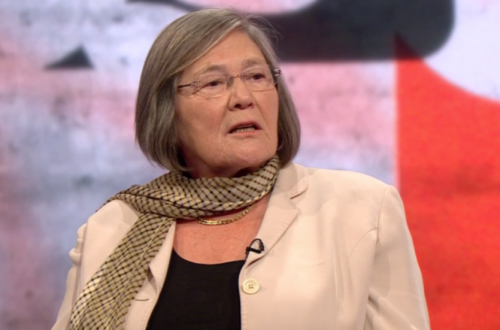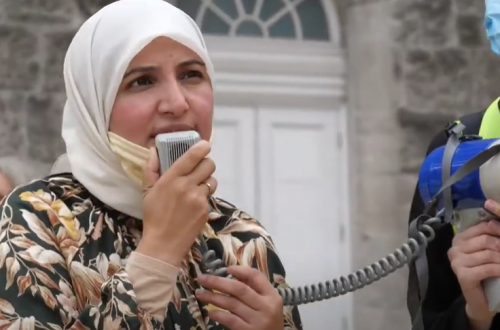Giulio Meotti opens his recent article for the Gatestone Institute with a complaint. He claims that there have been no rallies to protest the murder of Father Jacques Hamel and that nobody has said ‘We are all Catholics’. In fact a leading French Muslim has said just this.
France’s Muslim council, the CFCM, urged Muslims to show “solidarity and compassion” over the murder.
“We are all Catholics of France,” said Anouar Kbibech, the head of the CFCM.
Meotti refers darkly to the way in which establishment figures ‘avoid mentioning Islam and its project of the conquest of Europe.’ Like so many similar pieces, Meotti’s post personifies Islam as a monolithic monster, and goes on to conflate several different impulses and elements to misleading effect. He implies that France is in a state of surrender. French Muslims, faced with reports that Valls would like to ban the headscarf, this more recent decision to consider a ban on foreign-funded mosques, not to mention the ascent of Marine Le Pen’s fortunes, may see things rather differently.
Bizarrely, Meotti associates the alleged disappearance of Mohammed cartoons from the European media with the French press’s decision not to show photographs of terrorists. The latter step was taken in order to deprive ISIS of the oxygen of publicity, not out of fear or deference.
The murder of Father Hamel is aligned with the proposal that empty French churches could be repurposed as mosques. Whatever you think of that idea – and possibly it could help cut out the need for foreign funding from dubious sources – it has nothing to do with this brutal killing. However Meotti claims the conversion of churches represents ‘the same goal as ISIS but by different, “peaceful” means’. It is of course the case that violent and non-violent Islamism have similar goals. However Meotti appears to imply that any Muslim who attends mosque – or who doesn’t have a local mosque and would like one – is some kind of foot soldier for ISIS, or for an Islam which ISIS represents. This is both unfair on peaceful and liberal French Muslims, and unhelpful in identifying the many real problems in play.
He describes the priest’s murder as a ‘horrible Islamic ritual’ when in fact even the nastier type of ‘normative’ Muslim, who favours death for apostasy or homosexual acts, would condemn a priest’s murder. Meotti’s scattergun approach obscures both the genuine (and complex) problem of intégrisme in France and the efforts of French Muslims in opposition to terror – such as Ahmed Merabet, police officer victim of the Charlie Hebdo killers, the Muslims who attended Mass to demonstrate solidarity with Catholics following the murder of Father Hamel, and those who signed this letter declaring their wish to combat radical Islam and promote secularism.


